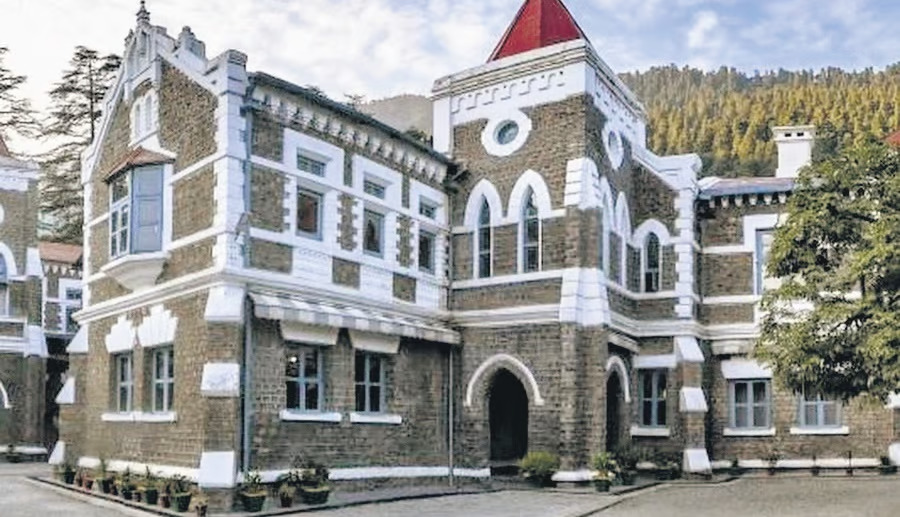K Chakra Pani
The Uttarakhand High Court has ruled that acts between a husband and wife that are not punishable under Section 375 IPC due to the operation of Exception 2 cannot be prosecuted under Section 377 IPC for ‘unnatural sex.’ Justice Ravindra Maithani made this observation while modifying an order from the Additional Sessions Judge/Special Judge (POCSO) in Haridwar.
The case originated from a complaint lodged by the wife of Dr. Kirti Bhushan Mishra, alleging that her husband had repeatedly engaged in non-consensual anal intercourse, causing her severe injuries and requiring medical treatment. The complaint also included allegations of sexual harassment towards their young child, wherein the husband allegedly showed explicit content to the child to coerce his wife into complying with his demands.
The court relied on the Supreme Court’s decision in Navtej Singh Johar vs. Union of India (2018) and noted that what is not an offense under Section 375 IPC cannot be an offense under Section 377 IPC. Justice Maithani emphasized that Exception 2 to Section 375 IPC, which decriminalizes marital rape, means that the same act cannot be prosecuted under Section 377 IPC.
The High Court upheld the charges against the petitioner under Section 11/12 of the POCSO Act for allegedly sexually harassing his son but set aside the charges under Section 377 IPC. The court concluded that the alleged acts between the petitioner and his wife fall within the scope of Section 375 IPC and, due to the operation of Exception 2, cannot be prosecuted under Section 377 IPC.
This ruling underscores the legal complexities surrounding marital rape and ‘unnatural sex’ laws in India. By highlighting the interrelation between Sections 375 and 377 IPC, the court has clarified that Exception 2 to Section 375 IPC protects husbands from prosecution under Section 377 IPC for acts committed with their wives.
Case title: Dr. Kirti Bhushan Mishra vs. State of Uttarakhand and another
Bench: Justice Ravindra Maithani

